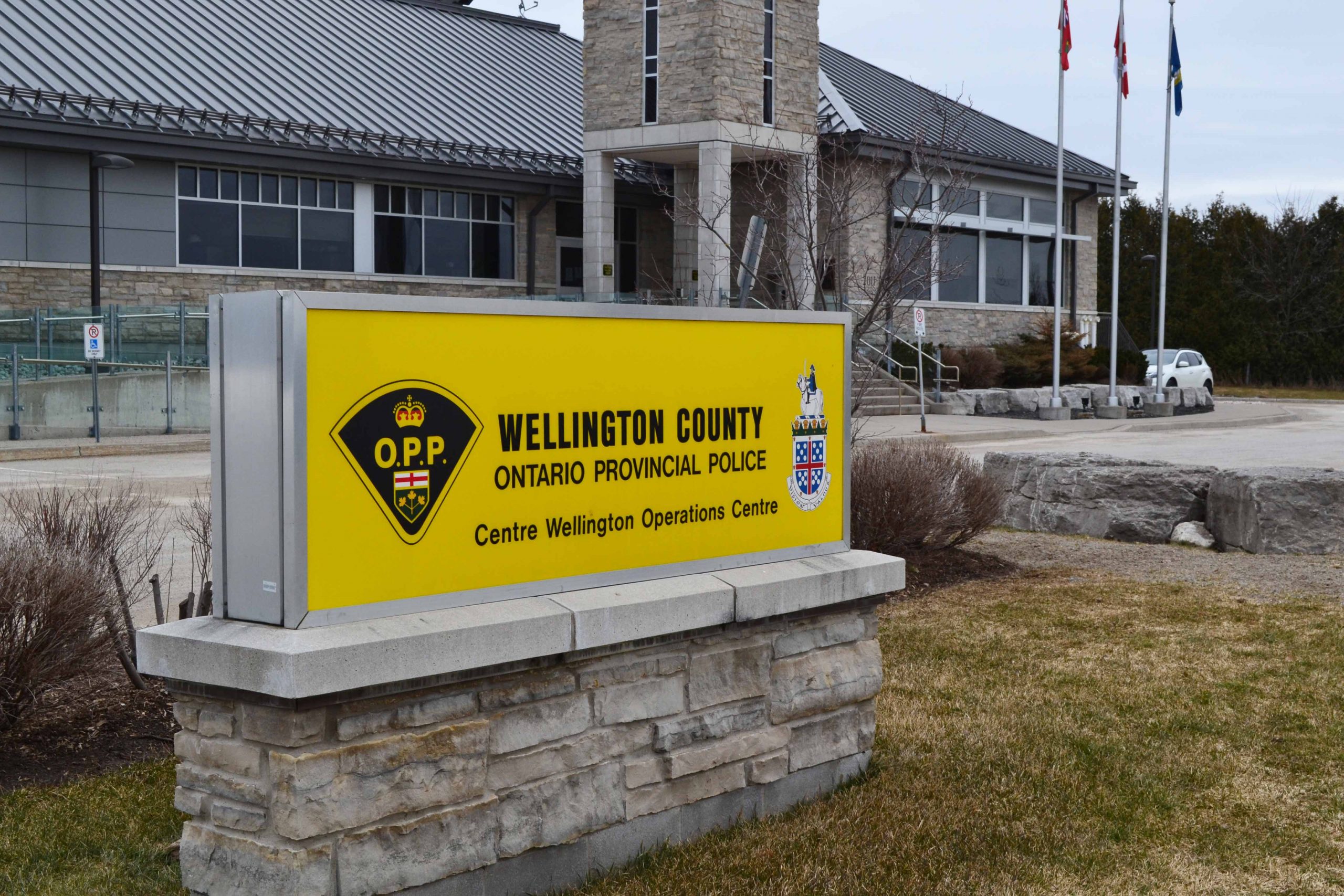WELLINGTON COUNTY – Changes are coming to the membership of Wellington County’s Police Services Board this spring.
Prompted by the new Community Safety and Policing Act, which comes into effect April 1 and will replace the long-standing Police Services Act of 1990, ex-cops can no longer serve on Police Service Boards in the province.
That means the term of current board members Walter Traschel and Ron Faulkner, who were appointed by the provincial government last year, will soon come to an end.
“Appointments are running out on [March 7], and based on the new act, because they’re both retired OPP officers, are no longer allowed to serve with us, so this is their second-last meeting,” board chair Earl Campbell said at the Jan. 10 meeting.
Traschel is a former OPP inspector and county politician. Faulker is a former police chief, OPP inspector and deputy mayor.
Among other changes is the representation of municipally-appointed and provincially-appointed members.
The current composition includes Warden Andy Lennox, chair Campbell, county appointee and vice chair Allan Alls, and provincial appointees Traschel and Faulker.
Come April 1, there will be just one provincial appointee instead of two.
A county councillor, to be chosen by council, will replace the provincial appointee’s position.
The Solicitor General’s office told the Advertiser the province approved the county’s desired makeup last year.
Though there is one provincially-appointed member yet to be chosen, that person cannot have ever worked for the OPP, or any police service within the past year.
Police Service Boards are critical to managing local policing. When performing adequately, boards establish local policy, monitor the detachment commander/police inspector’s performance, advise on the community’s policing needs, and report to the county about policing in the community.
Monthly board meetings held at the county’s administration building in Guelph — open to the public to attend — typically consist of community group presentations, discussion about speeding concerns, budget updates, a summary by Inspector Steve Thomas of selected police activity, and reports on parking tickets and false alarms.
Often there is also a portion of the meeting closed to the public and reporters.
The county was formally notified of the coming changes in a March 2021 letter from the Ministry of the Solicitor General, which oversees community safety and correctional services.
The ministry sought feedback from each municipality that contracts the provincial police provider about their desired board makeup.
County CAO Scott Wilson wrote in a report at the time advocating for “the status quo.”
Wilson noted the local board’s composition had been in place for 22 years, since separate police services in Fergus, Harriston and Palmerston were amalgamated with the OPP.
Hunter Kell, a spokesperson for Solicitor General Michael Kerzner, told the Advertiser legislative changes should “modernize” and make “sustainable” a framework to give tools, resources and financial support to police agencies.
Kell stated in an email the Inspectorate of Policing is working with the county’s police board to support the transition as the legislation comes into effect.“We remain committed to enhancing civilian governance and improving community safety,” Kell added, in part.
Although the Community Safety and Policing Act was passed around four years ago in an omnibus bill, the province has taken its time forming regulations that are like the gears making a law work.
Some notable requirements of the legislation affecting the county’s police board include:
- requiring board members to undergo provincial training regarding their role, as well as training on human rights and racism;
- requiring the board to “consider the results” of a police record check for a new appointee;
- commenting by the board on a local policing action plan;
- online publishing of local policies and policing action plan; and
- determining a board budget.
Several follow-up emails from the Advertiser seeking to understand the province’s decision to bring changes to police boards were ignored by the Solicitor General’s office.
The training requirement in the legislation appears to touch on a recommendation made by Chief Justice Michael Tulloch in his 384-page Independent Police Oversight Review published in 2017.
In that review, Tulloch wrote police boards are “the first level of oversight” but that members often lacked adequate training and skills.
“Effective oversight requires confident, independent and knowledgeable police services boards,” Tulloch wrote.
Continuing, he added, “without the appropriate skills, knowledge and understanding, [members] may lack confidence to govern independently from the police service.”
Tulloch advocated for mandatory training including “an overview of the legislation, police governance essentials, strategic planning, hiring, performance management, performance measurement, financial literacy, stakeholder relations and community engagement, risk management, and crisis management.”
It’s unclear from the legislation what exactly the province’s training will include.
The legislation also gives powers to the province’s recently created Inspector General of Policing to monitor and conduct inspections of police service boards, and investigate public complaints about board member conduct, with the option to remove board members.
Wellington County’s police board is expected to discuss the coming changes more during its February meeting.




